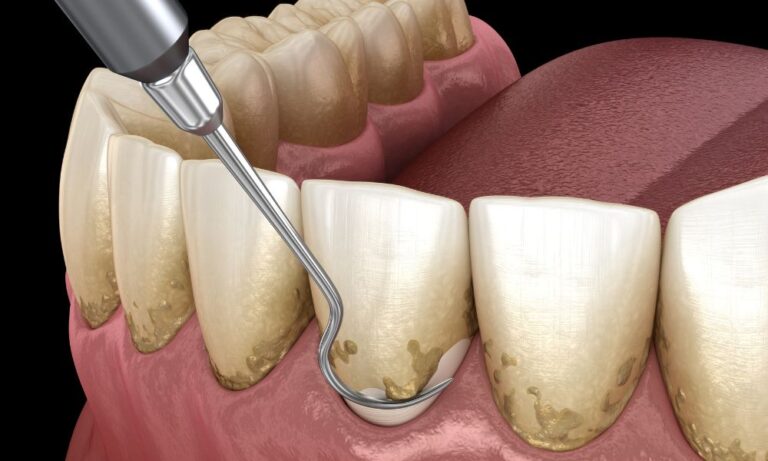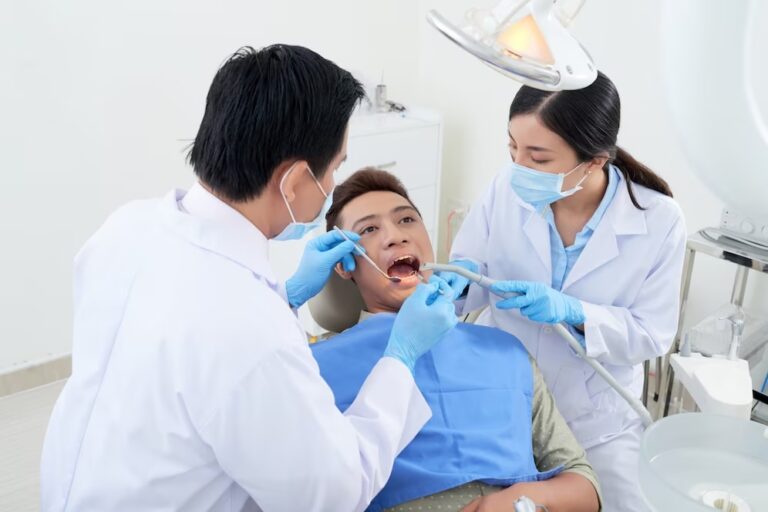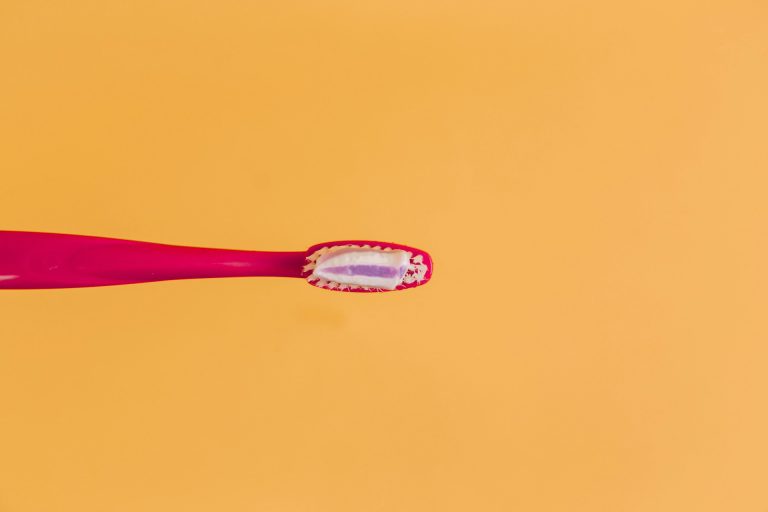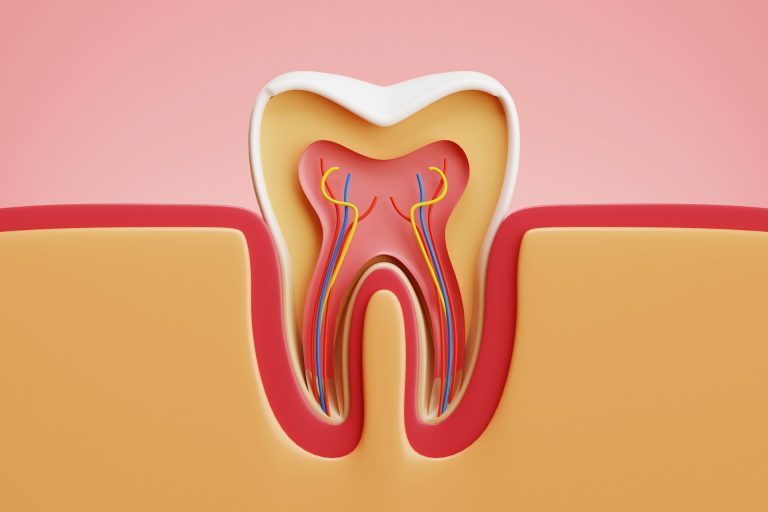Pregnancy is an exciting and transformative time in a woman’s life, bringing about numerous physical and hormonal changes. While most expectant mothers are aware of the importance of prenatal care for their overall health, many may not realize that diligent oral health care is equally vital during this critical period. Pregnancy can significantly impact your teeth and gums, with hormonal fluctuations increasing your susceptibility to gum disease and other dental issues. Additionally, poor oral health during pregnancy has been linked to pregnancy-related complications such as preterm birth, low birth weight, and preeclampsia.
At Colorado Gum Care Northglenn, CO, we understand the importance of safeguarding your oral health during pregnancy for both your well-being and that of your unborn child. Our expert team has developed this in-depth guide to help you navigate the challenges of maintaining proper dental care while expecting. Learn about the common dental concerns faced during pregnancy, how to recognize and prevent gum disease effectively, and the critical role that routine dental checkups and cleanings play in ensuring optimal oral health for you and your baby.
1. Common Dental Concerns During Pregnancy
Expectant mothers may experience several dental issues throughout their pregnancy. Understanding these concerns and taking appropriate preventative measures can help you maintain proper oral health during this critical time:
- Pregnancy Gingivitis: Hormonal changes during pregnancy can increase your susceptibility to gum inflammation, leading to pregnancy gingivitis. Signs include swollen, red, and tender gums that may bleed during brushing or flossing.
- Tooth Decay: Cravings for sugary or starchy foods, coupled with morning sickness and weakened tooth enamel due to increased acidity, can heighten the risk of tooth decay during pregnancy.
- Pregnancy Tumors: Some pregnant women may develop non-cancerous growths on their gums, known as pregnancy tumors. These typically occur between the teeth and are believed to be related to excess plaque buildup.
- Loose Teeth: Increased levels of the hormone progesterone during pregnancy can cause the ligaments and bones around your teeth to loosen, resulting in temporarily wiggly teeth.
2. Recognizing and Preventing Gum Disease During Pregnancy
Preventing gum disease is essential during pregnancy, as it can have a significant impact on your unborn child. Here are some recommendations for recognizing and preventing gum disease while expecting:
- Be vigilant for symptoms of gingivitis, such as red, swollen gums and bleeding during brushing or flossing.
- Maintain a consistent oral hygiene routine, including brushing at least twice a day with a soft-bristled toothbrush and fluoride toothpaste, and flossing daily.
- Schedule regular dental checkups and cleanings every six months or as recommended by your dentist.
- Inform your dental care team about your pregnancy to ensure appropriate care and precautions are taken.
- Choose a healthy, balanced diet with plenty of vitamins and minerals to support your oral health and overall well-being.
3. The Importance of Routine Dental Checkups and Cleanings During Pregnancy
Staying committed to routine dental care is crucial during pregnancy:
- Regular dental checkups enable your dentist to monitor your oral health and detect any potential issues early on.
- Professional cleanings help remove plaque and tartar buildup that could lead to gum disease and tooth decay.
- Your dentist can provide personalized recommendations and adjustments to your oral care habits to ensure optimal dental health during pregnancy.
- When scheduling dental appointments, consider the following tips:
- Plan your visits during your second trimester, when any morning sickness is likely to have subsided and you are likely to be more comfortable.
- Inform your dental care team about any medications or prenatal vitamins you are taking, as these can impact your dental treatments.
- If you require dental X-rays, ensure your dental professional uses proper shielding to protect you and your baby.
4. Tips for Maintaining Oral Hygiene During Pregnancy
Navigating pregnancy while maintaining proper dental care can be challenging, especially when dealing with morning sickness and other pregnancy-related symptoms. Try these tips to make oral care easier and more effective during pregnancy:
- If morning sickness makes brushing difficult, experiment with milder toothpaste flavors or brush at different times of the day when nausea is less severe.
- Rinse your mouth with water or a fluoride mouthwash after vomiting to neutralize stomach acid and protect your tooth enamel.
- Stay hydrated to help combat dry mouth, which can increase your risk of tooth decay and gum disease.
- Chew sugar-free gum or suck on sugar-free lozenges to stimulate saliva production and keep your mouth moist, helping to prevent plaque buildup.
Embrace a Healthy Smile and a Healthy Pregnancy
While pregnancy presents unique challenges for maintaining optimal oral health, understanding these challenges and being proactive in your dental care can protect both your well-being and that of your unborn child. By prioritizing excellent oral hygiene, staying committed to regular dental checkups and cleanings, and implementing effective preventative measures, you can safeguard your teeth and gums throughout your pregnancy journey.
Our dedicated periodontist in Northglenn, Colorado, is committed to providing expectant mothers with the personalized care and guidance they need to maintain a radiant, healthy smile during and beyond their pregnancy. Schedule a consultation with Colorado Gum Care Northglenn, CO, today and embrace the confidence that comes from knowing you are taking the best possible care of your oral health and your baby’s well-being!







